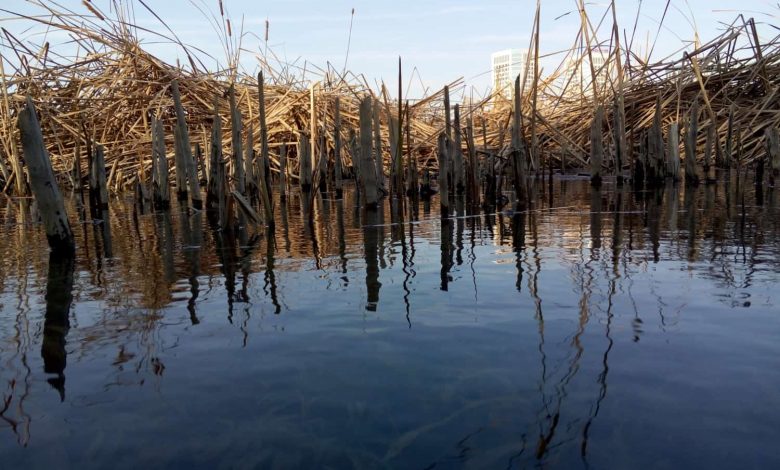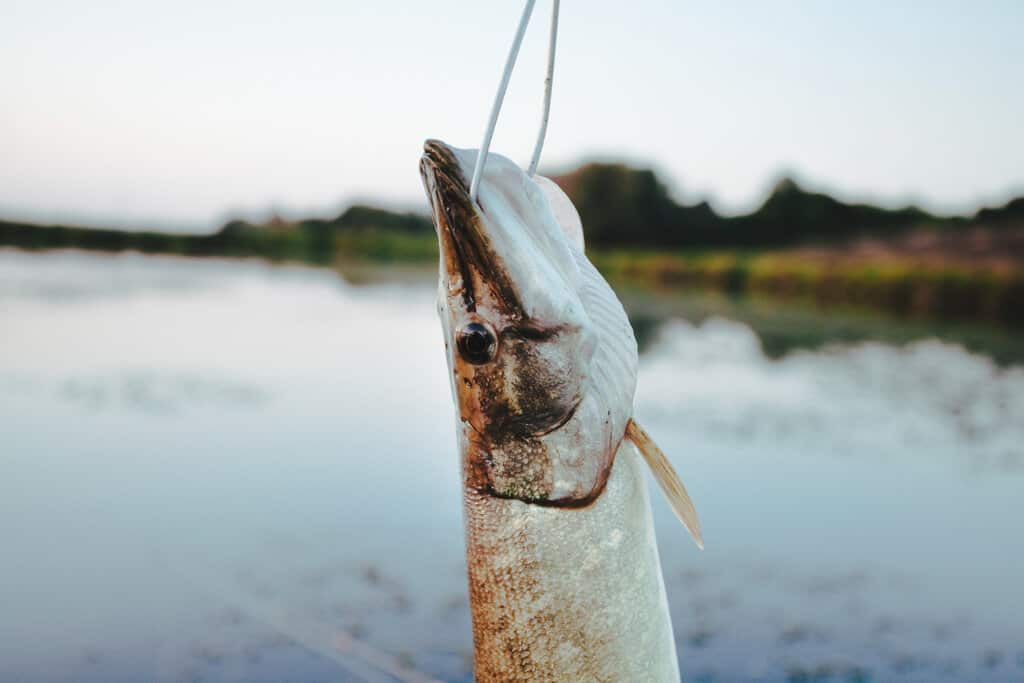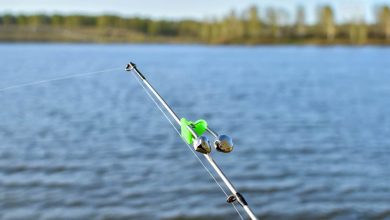What is Shallow Water Blackout?

Drowning is the fifth leading cause of death in the United States, with over 3,500 people dying each year.
While most people associate drowning with swimming in deep water, the vast majority of drownings actually occur in shallow water. In fact, one of the most common causes of death in shallow water is what’s known as shallow water blackout.
So, what is shallow water blackout? And how can you prevent it from happening to you or your loved ones?
What is Shallow Water Blackout?
Shallow water blackout happens when a swimmer passes out underwater because of oxygen lack to the brain. It can happen to even the most experienced swimmers and is often fatal.
When someone experiences shallow water blackout, they will typically sink to the bottom of the pool and remain there until they drown.
There are two main types of shallow water blackout: primary and secondary. Primary shallow water blackout occurs when a swimmer hyperventilates before going underwater. This can happen on purpose (in an attempt to increase oxygen intake) or by accident (due to anxiety or excitement).
Secondary shallow water blackout, on the other hand, occurs when a swimmer holds their breath for too long while swimming underwater. This can lead to a critical drop in carbon dioxide levels, which can trigger a loss of consciousness.
How to Prevent Shallow Water Blackout
There are several things you can do to prevent shallow water blackout from happening. First and foremost, never swim alone; always have a buddy with you who can help if you get into trouble.
Secondly, take breaks frequently while swimming underwater and always make sure to exhale fully before taking another breath. Finally, if you start feeling lightheaded or dizzy at any point during your swim, stop immediately and get out of the pool.
Conclusion
Shallow water blackout is a serious problem that can be deadly for even experienced swimmers. However, there are steps you can take to prevent it from happening to you or your loved ones.
By always swimming with a buddy and taking frequent breaks while swimming underwater, you can significantly reduce your risk of experiencing shallow water blackout.




